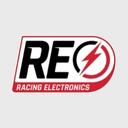If you go to more than a couple NASCAR races in your lifetime, it’s worth investing in a radio scanner and headset versus renting them at the track. We researched products made all across the U.S. to find American made NASCAR radio scanners. Unfortunately, there is only one good American manufacturer. Also, check out our research for NASCAR headsets.
Complete List of Race Scanner Brands Made in the USA

Racing Electronics is the premier scanner manufacturer for racing fans. They have booths at every race and are headquartered in the hometown of NASCAR in Concord, NC. The RE3000 sets the standard for radio scanners at the racetrack. It’s one of the newest models from Racing Electronics and works with any headset that you pair it with. It’s my go-to scanner at every race I attend. With this scanner, you will receive free Over-the-Air programming for life. The RE1000 is an older model from Racing Electronics, but still works well and is a good option for those who really value price.
Factors To Consider
Sound Quality
Good sound quality is a requirement for any NASCAR scanner when you’re sitting trackside with cars going 200mph down below. If signals come in even slightly unclear, it can be tough to hear the crew chief and spotter communicate with their driver. We hand-tested each and every scanner for quality to come out with our top recommendations.
Usability and Controls
A complicated or bulky scanner can be super frustrating. We looked for ergonomic radio scanners that were easy to hold or clip to your belt. In addition to those requirements, the user interface was also important. We considered race scanners that were easy to set up, program, and navigate the user interface.
Value
Getting a good value for the price you pay is important for every consumer. We eliminated several scanners from our list if we thought they were overpriced for the quality of the product. Scanners suitable for NASCAR races range everywhere from $50 to $400. We made sure to make recommendations that will give you the highest quality product and not break the bank.
Variety & Customization
Variety is important in a race scanner – you need to be able to have the flexibility to program frequencies for all your favorite drivers across three NASCAR series. We eliminated several scanners that didn’t meet our variety standards – whether it was too narrow or had more channels than necessary.
NASCAR Race Scanners Not Made in the USA
We found several NASCAR Race Scanners that are not being made in the USA. We’ve included these brands below as well as where their scanners are being made.
- Whistler – Made in the Phillippines.
- BoaFeng – Made in China.
- eSynic – Made in China.

